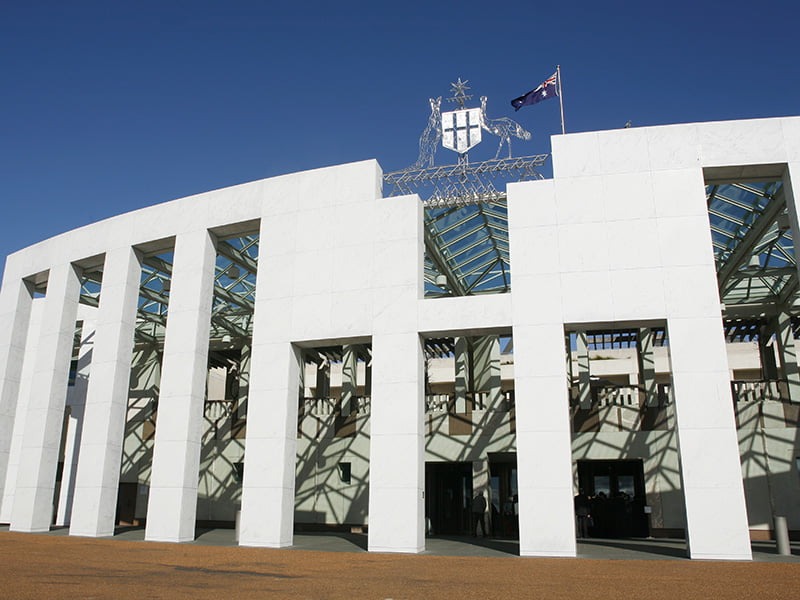A software-specific working group for the research and development tax incentive would have avoided the recent challenges the scheme has faced, but was repeatedly rejected by the federal government over the past three years, according to a member of RDTI’s existing advisory roundtable.
Michael Johnson Associates chair Kris Gale is a member of the RDTI roundtable, but said the group has been “neutered”, and controversial issues related to recently released guidance for software claims wouldn’t have occurred if a software group had been created when it was first requested more than three years ago.
The research and development tax incentive (RDTI) roundtable, with members from industry associations and tax advisers, met for the first time in March 2019, replacing the previous National References Group.
The roundtable has 43 members, with only a select number of members invited to attend the two meetings per year.
The group was formed at the peak of the government’s crackdown on software claims under the scheme, and continued to meet during the attempted cuts to the program through a number of controversial reforms which were eventually shelved.

At the first meeting of this roundtable, Mr Gale requested a working group be established through the roundtable to address the issue of software claims under the scheme.
The terms of reference of the roundtable allow for the creation of sub-groups for “specific proposals and issues”.
The minutes from the meeting confirm that “some industry members suggested a working group be established to further explore any outstanding issues around the software guidance”.
But Mr Gale said that this request has been “consistently ignored” in the three years since, and no such working group has been established, despite several key issues surrounding software development and the RDTI.
“They continued to not accept the request. To date, there has not ever been a working group under the terms of reference,” Mr Gale told InnovationAus.com.
“They create groups, give them terms of references then neuter them and do things over there. You’ve got a group who participates everywhere, yet the process seems to obviate our involvement.”
The size of the roundtable also may hamper its effectiveness, Mr Gale said, with only half of its members meeting at any one time. Until this year, other members of the group weren’t even told when it was going to meet without them.
How software development fits into the popular RDTI scheme has been a long-running bugbear for the sector.
AusIndustry released new guidance material on this matter last month, but the example included in this was labelled “grossly inadequate”, and unlikely to actually qualify for the scheme.
This included an example answer with a 4000 character limit which only had 200 characters.
The government consulted with the Tech Council of Australia and other tech firms on this guidance, but Mr Gale said those mistakes would have been avoided if a software working group had been stumped up years ago as he had urged.
“I was absolutely gobsmacked that they published that example. It clearly wasn’t shared with anyone with domain knowledge,” he said.
“We get a sense that it’s pre-ordained and they resist their own mechanism like roundtables because they think we have an agenda. A working group would have fixed the problem quicker and if you had the same group together to work on that draft then we wouldn’t have had that result.
“It’s time for the right mix of key stakeholders to come together, not to continue to be kept apart.”
Do you know more? Contact James Riley via Email.

